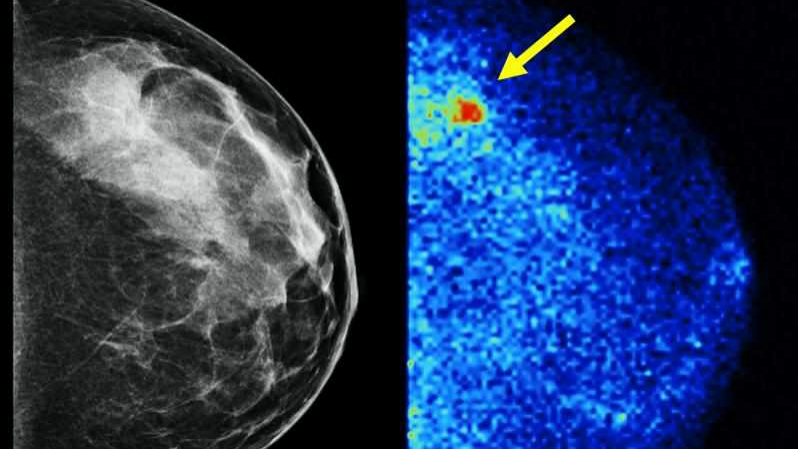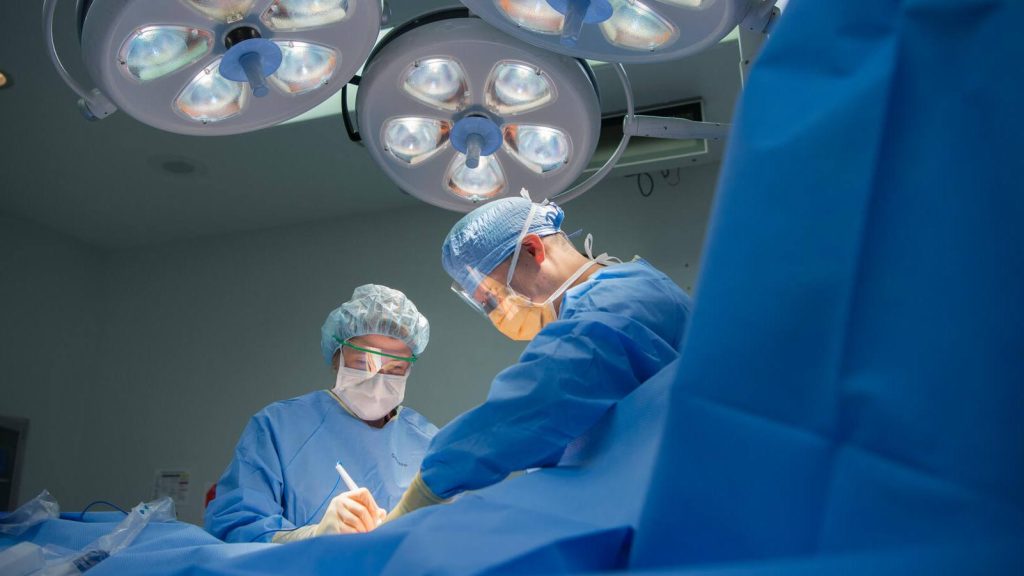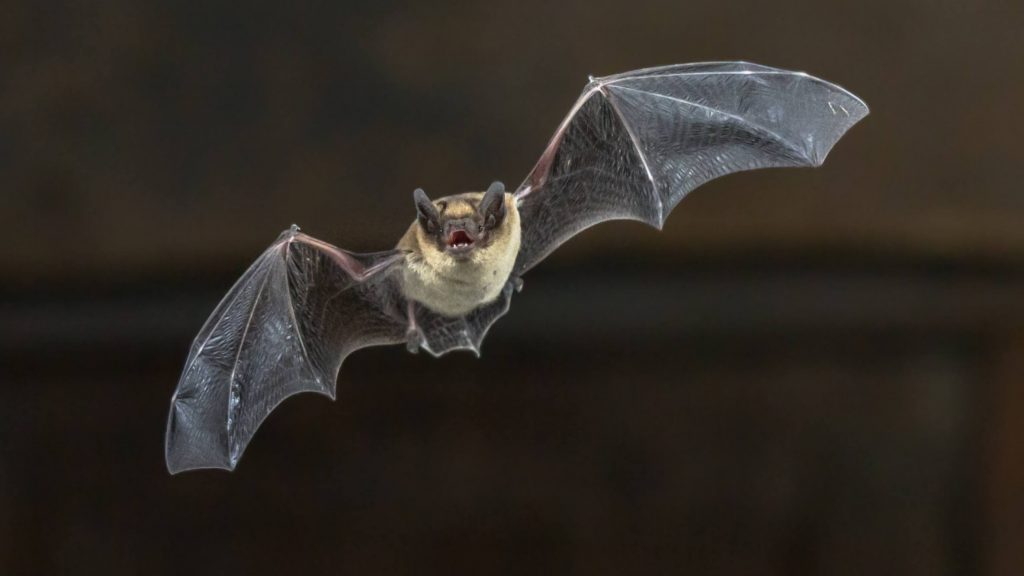




Check out a few of the most popular News Network stories on @mayoclinic social media this past week.
Mayo Clinic Minute: Treating breast cancer through surgery
Globally, 2.3 million women are diagnosed with breast cancer every year, according to the World Health Organization. Advances in treating breast cancer are improving care and quality of life.
"There are only two surgical options: lumpectomy and mastectomy. But there are 100 reasons why women choose one thing or another," says Dr. Sarah McLaughlin, a Mayo Clinic breast surgical oncologist.
Understanding rabies
A Minnesota man has died of rabies following exposure to a bat. Rabies is a deadly virus spread to people from the saliva of infected animals, usually through a bite. In the U.S., rabies is mostly found in wild animals, such as bats, raccoons, skunks and foxes.
Mayo Clinic Minute: How to get hay fever relief from fall allergies
Autumn is the season of change, with green leaves turning color and temperatures cooling. It's also the season of hay fever, or allergic rhinitis. So how can people with fall allergies get relief?
Mayo Clinic Health System discusses advancements in breast cancer screenings
Since the 1970s, mammograms have been shown to reduce the risk of dying of breast cancer and have saved countless lives. In recognition of Breast Cancer Awareness Month, you are encouraged to talk to your healthcare team about the right screening options for you and to get those screenings scheduled.
Mayo Clinic Minute: How excessive daytime sleepiness can affect heart health
If you have a difficult time staying awake and alert during the day, you may be experiencing excessive daytime sleepiness. Dr. Virend Somers, a Mayo Clinic cardiologist with a focus on sleep medicine, explains the difference between being tired and being sleepy and how excessive daytime sleepiness can have a negative effect on the heart.







